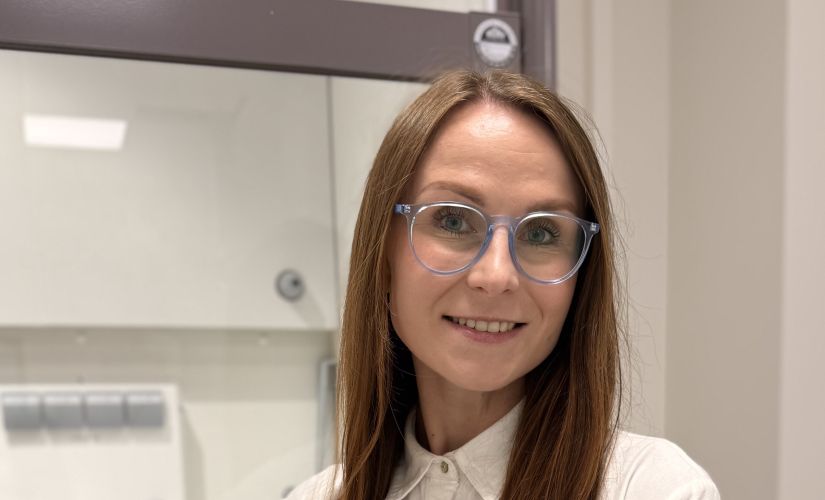The honoured dissertation entitled. ‘Comparative analysis of elemental profiles of selected groups of alcohols’ is an innovative scientific study that combines an interdisciplinary approach with the latest analytical technologies. The research focused on the influence of factors such as country of origin, age, type of packaging, production method or raw material variety on the elemental composition of spirits – including whisky, wines, ciders and beers.
Dr Gajek used a range of advanced spectroscopic analytical techniques, including ICP-OES, ICP-QMS, ICP-TOF-MS, CV-AAS and scanning electron microscopy (SEM-EDS), and the data collected were subjected to detailed statistical and chemometric analysis.
Key conclusions of the work included:
• the possibility of identifying the origin of whisky based on element symbols,
• the influence of packaging material (glass vs. aluminium) on beer quality,
• the importance of soil composition in shaping the chemical profile of wines.
The results obtained may find application, among others, in verification of authenticity of alcoholic beverages, quality control and combating adulteration of food products.
The dissertation was written under the supervision of Prof. Małgorzata Iwona Szynkowska-Jóźwik, main supervisor, and Dr inż. Aleksandra Pawlaczyk, assistant supervisor.
The dissertation was highly evaluated by reviewers Prof. Izabela Nowak of Adam Mickiewicz University in Poznań and Prof. Żaneta Polkowska of the Gdańsk University of Technology, who unanimously emphasised its originality, interdisciplinarity, application potential and excellent methodological and editorial level, requesting an award.
The Award of the Committee of Analytical Chemistry of the Polish Academy of Sciences is a significant distinction both for Dr Magdalena Gajek and for the entire scientific community of the Faculty of Chemistry at TUL.
The award was presented during the Analytical Chemistry Symposium – one of the most important events in the Polish analytical chemistry community, held on 28 May in Gdynia.

